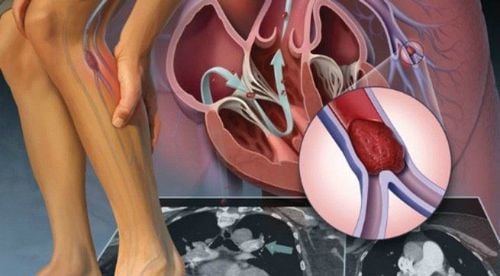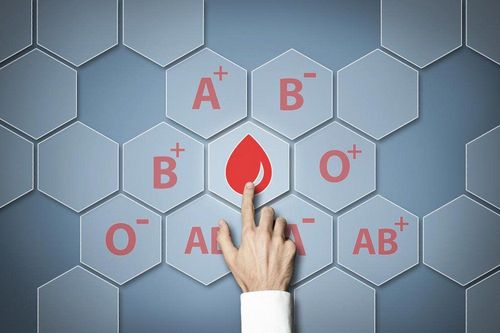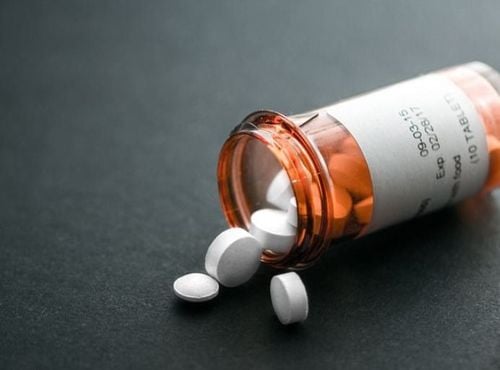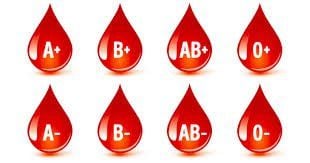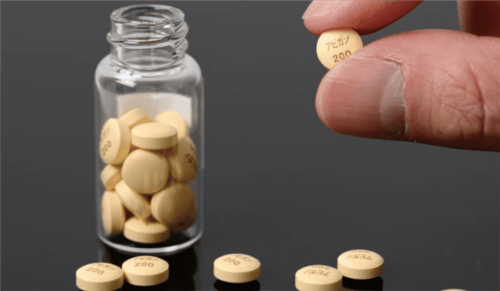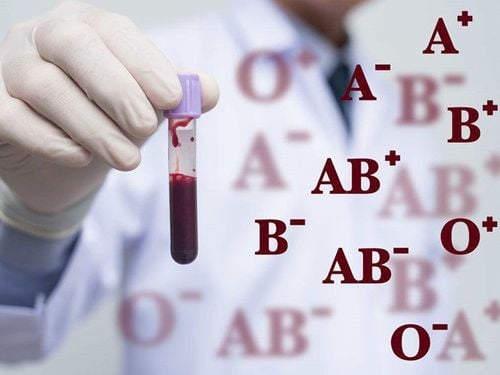This is an automatically translated article.
There are many blood types in the population including ABO, Rh, Kidd, Kell,... The most important of these are ABO and RhD. Transfusion of ABO incompatible blood can lead to serious and potentially fatal transfusion reactions. So if you have type B blood, which type of blood can type B be transferred to, and why?
1. Distinguishing blood groups in the ABO . system
ABO blood group is the most important of all blood group systems. The ABO blood group system, which classifies human blood based on the genetic properties of red blood cells (erythrocytes) determined by the presence or absence of A and B antigens, is carried on the surface of red blood cells. Therefore, people can have blood type A, group B, group O or blood type AB.
Blood group A: The surface of red blood cells contains A antigens, and the plasma has anti-B antibodies. Blood group B: The surface of red blood cells contains B antigens, and the plasma has anti-A antibodies. Group AB: Red blood cells have both A and B antigens, but plasma does not contain anti-A or anti-B antibodies. Group O: Plasma contains both anti-A and anti-B antibodies, but the surface of red blood cells does not contain any A or B antigens.
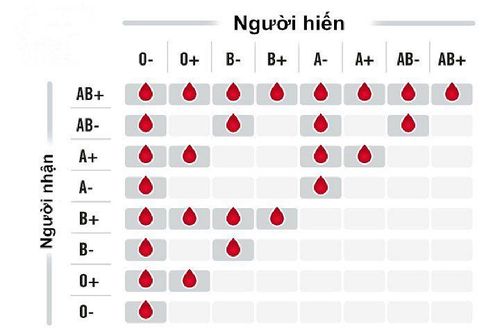
Nhóm máu B trong sơ đồ truyền máu của hệ thống nhóm máu ABO
2. Which blood group does blood group B receive?
The principle of blood transfusion is to not let the corresponding antigen and antibody meet in the body. Therefore, people with blood type B can donate blood to people with the same blood type B, or to people with blood type AB. People with type B blood can also receive blood transfusions from a type O donor.
If someone with group B antigens receives red blood cells from a person with group A antigens, their body will initiate a response. immunity and refuse blood transfusions. Anti-A antibodies in the recipient's plasma attack and destroy the A-antigen donor's red blood cells.
When the recipient's plasma attacks and destroys the donor's cells, the blood may clump or agglomerate. This can lead to blood clots, which block blood vessels. If they rupture, hemoglobin can leak out and this can be toxic.
Other possible side effects from the wrong blood type include allergic reactions and anaphylaxis. In some cases, the body can cope, but in others it can be life-threatening. Some reactions occur immediately, while others can take up to 28 days.
Please dial HOTLINE for more information or register for an appointment HERE. Download MyVinmec app to make appointments faster and to manage your bookings easily.




